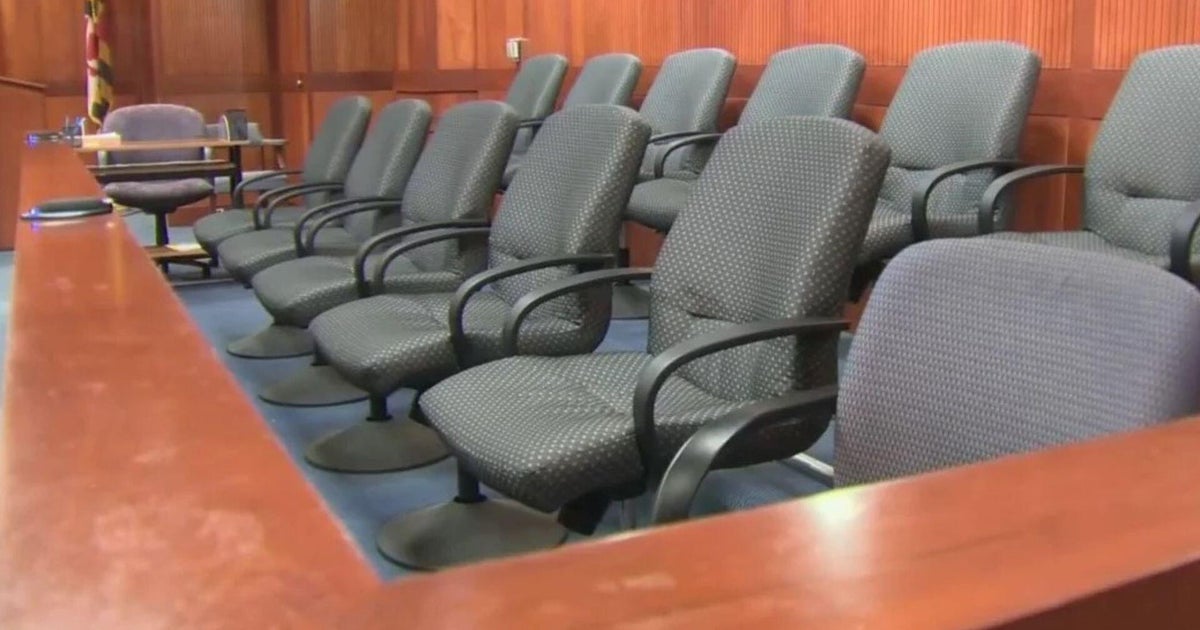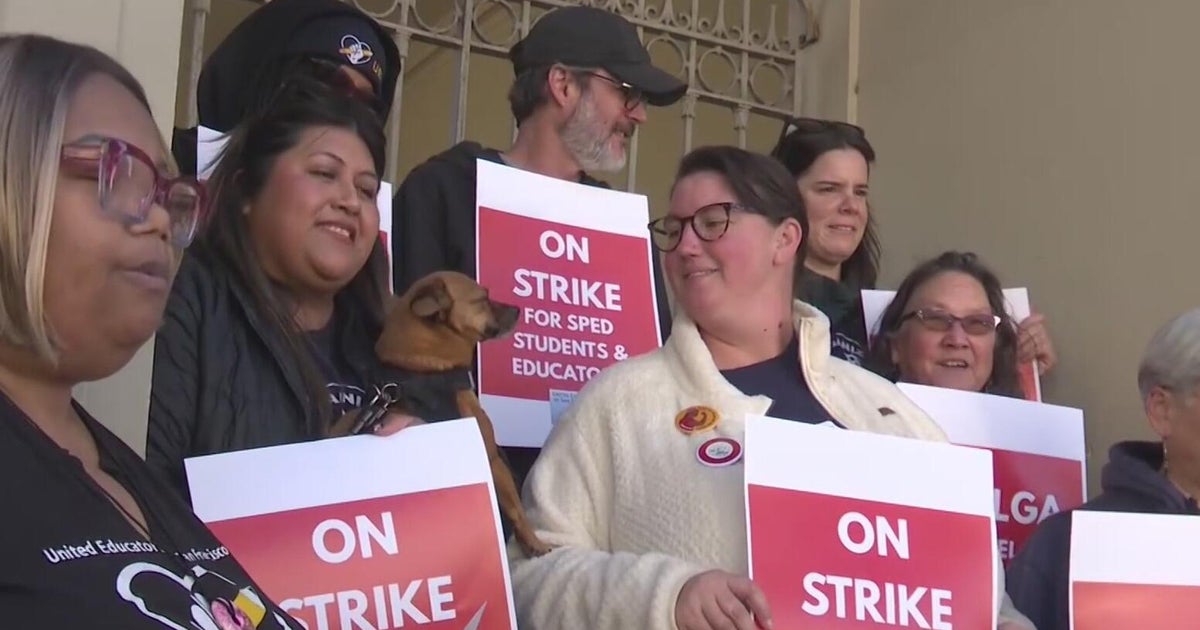Exxon Trial Continues In Balt. Co.
TOWSON, Md. (WJZ) -- In Towson, a key witness took the stand as homeowners try to prove Exxon knew about a huge gas leak and did nothing.
Mike Schuh looks at what was said and how it could mean hundreds of millions of dollars.
At the heart of this case: did Exxon lie about their cleanup efforts so it could spend less money mopping up the mess? In court, Exxon admits it made mistakes but blames the 26,000 gallon leak on human error.
Exxon says the 26,000 gallons pumped underground was simple negligence. If the jury believes them, the homeowners would be paid relatively little. But the homeowners want more than that. They want Exxon punished and in American courts, you do that with money. For those living near here to get paid, something called "actual malice" has to be proven. So now their attorneys are trying to show a cover-up and fraud.
Right after the station was shut down---a month after the leak began---Exxon drilled holes all over town. Two huge vacuums were hooked up to the holes to siphon up the gas and fumes. Exxon calculated the vacuums got 24,000 of the 26,000 gallons from the rock under Jacksonville. However, the homeowners' attorneys calculate it is physically impossible to recover so much so quickly, especially since half of that wasn't liquid but fumes. Homeowners say the vacuums didn't get 24,000 gallons. Instead, they got 2,000 and 24,000 is still down there.
Yet Exxon's large, seemingly successful recovery numbers were then used as a starting point when the state okayed Exxon's plans to clean up the rest of the gas underground.
The homeowners say since those numbers were never right, the state allowed Exxon to install a system unable to get what's still down there.
This is where Thursday's testimony of Leslie Schultheis comes in. She's the engineer Exxon hired to tell them how successful their extraction efforts have been. That recovery number of 24,000 gallons is hers.
Remember, gasoline is hard to remove. Parts of it latch onto water. It moved through the fractured rock beneath Jacksonville like food coloring through fractured glass. It's consistently working its way farther from the station and into groundwater.
The homeowners say Exxon knew their recovery numbers were suspect and to tell the state and homeowners otherwise is fraud.
The engineer and her numbers are important testimony, as in the hands of the jury, they may mean award numbers differing by hundreds of millions of dollars.
The trial runs through the end of next month. In cases like this---with verdicts that run into the hundreds of millions of dollars---one side or the other will appeal the verdict.







